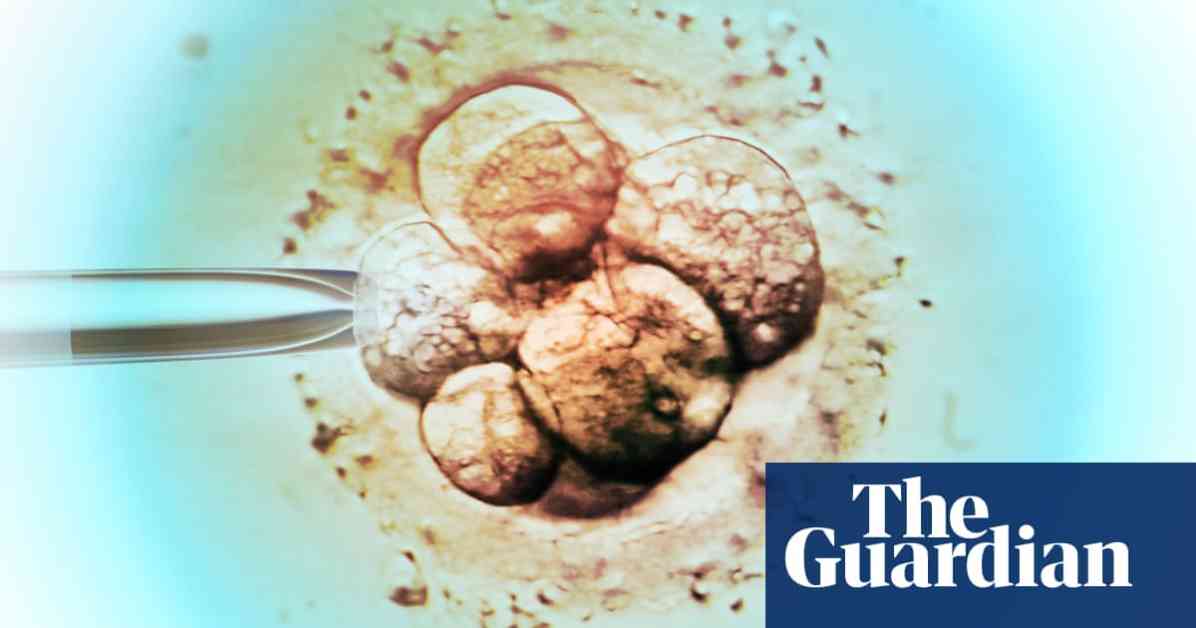Intelligence is a complex trait that is influenced by genetics, but the specific genes involved in determining intelligence are not well understood. Despite this, a US startup called Heliospect is reportedly planning to launch a service that allows parents undergoing IVF to select embryos with desirable traits like height and IQ.
To determine the likelihood of certain traits in embryos, companies like Heliospect analyze DNA samples for genetic patterns. By examining thousands of genes, they can calculate a polygenic score that predicts traits such as educational attainment, risk of psychiatric disorders, and more. However, these scores are based on probabilities and are not guarantees of actual outcomes.
While Heliospect claims that using their service could result in a child with a higher IQ, independent experts remain skeptical. Stanford University’s Prof Hank Greely doubts the accuracy of genetic predictions for intelligence and believes any gains made would be minimal. Additionally, the success rate of viable pregnancies from IVF treatments varies among women, with those over 40 having a lower success rate.
Aside from medical concerns, the ethical implications of IQ screening in embryos are significant. Some worry that this technology could lead to a society divided by genetic traits, similar to the concept depicted in the movie “Gattaca.” This sci-fi film portrays a world where genetically enhanced individuals form an elite class, while naturally conceived individuals are considered inferior.
Proponents of polygenic screening argue that selective breeding has proven successful in animals, but caution is needed. For example, breeding programs that aimed to increase egg production in chickens resulted in highly aggressive birds that disrupted the flock dynamics. Similarly, selecting for high IQ in humans could have unintended consequences that are difficult to predict.
In conclusion, while the idea of screening embryos for desirable traits like IQ may sound promising, the science behind it is complex and uncertain. The potential benefits must be weighed against the ethical and practical considerations, as well as the possibility of unforeseen outcomes. As technology continues to advance, society must grapple with the implications of genetic screening and the impact it could have on future generations.

